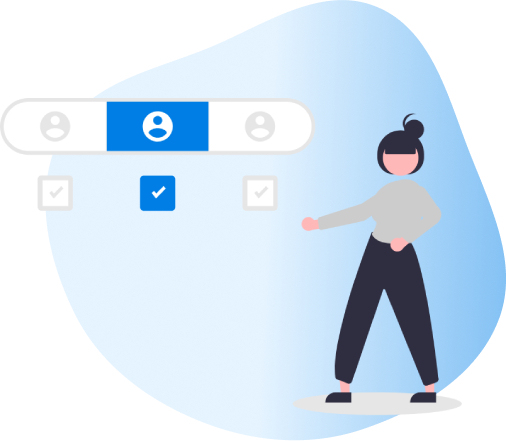Who is an HR Analyst?
An HR Analyst is an expert who utilizes data and analytics to strengthen human resources functions within a company. They collect and analyze employee data to support HR teams in making informed decisions on recruitment, performance management, employee engagement, retention, and compensation. By spotting trends and patterns in the data, HR Analysts help improve workforce planning, reduce turnover, and boost employee satisfaction. They collaborate with HR managers and other teams to create strategies that align with the organization’s broader objectives. To succeed in this role, an HR Analyst needs strong analytical skills, a good understanding of HR software, and expertise in HR metrics. Their efforts are essential in cultivating a more data-driven, efficient HR environment.
HR Analyst Job Brief
We are seeking a detail-oriented and analytical HR Analyst to join our HR team. The ideal candidate will collect, interpret, and present employee-related data, providing insights that will help shape our HR strategies. As an HR Analyst, you will help improve workforce management, enhance employee engagement, and optimize organizational practices through data-driven recommendations. The position requires strong analytical abilities, proficiency in HR software , and the ability to collaborate with various teams across the organization.
HR Analyst Job Duties
- Analyze data related to employee performance, retention, and engagement.
- Design and maintain HR dashboards and metrics to track performance indicators.
- Recommend improvements for HR policies and processes based on data insights.
- Support recruitment by assessing workforce demands and needs.
- Create detailed reports and presentations for management on HR trends and performance data.
- Collaborate with HR managers to resolve organizational challenges.
- Run surveys to measure employee satisfaction and provide analysis.
- Ensure HR operations comply with labor laws and industry best practices.
- Manage and update HR databases to ensure they contain accurate, current information.
HR Analyst Job Responsibilities
- Examine HR data to identify emerging trends and actionable insights.
- Prepare reports on key HR metrics, including employee performance, turnover, and retention rates.
- Utilize data findings to support and refine recruitment and retention strategies.
- Oversee compensation and benefits to ensure they remain competitive within the industry.
- Work alongside HR teams to optimize operational efficiency and processes.
- Ensure HR databases maintain accurate and confidential data.
- Aid in the formulation and periodic review of HR policies.
- Provide data-driven recommendations based on HR analytics.
- Forecast future HR requirements in line with business goals and strategies.
- Perform market research on HR trends and best practices to guide improvements.
HR Analyst Job Requirements and Skills
- A Bachelor’s degree in Human Resources, Business Administration, or a related field.
- Proven track record as an HR Analyst or in a similar position.
- Expertise in using HR software and advanced Excel functions.
- Excellent analytical skills with a strong problem-solving approach.
- Outstanding communication and presentation capabilities.
- Solid knowledge of labor laws and HR best practices.
- Proven ability to handle confidential information with integrity.
- Strong multitasking and time management abilities. Experience with HR metrics and utilizing reporting tools effectively.
- Highly organized and detail-oriented.
Frequently Asked
Speak to an expert- Analytical skills for interpreting data and identifying trends.
- Communication skills for presenting findings clearly.
- Technical proficiency in HR software and data analysis tools like Excel, Power BI, or Tableau.
- Knowledge of HR principles, such as recruitment, compensation, and compliance.
- HR Management Systems (HRMS) like Workday or SAP SuccessFactors.
- Data analysis tools like Excel, Tableau, or Power BI.
- Survey tools for employee feedback, such as Qualtrics.
- Applicant tracking systems (ATS) to manage recruitment data.
- HR Manager
- Talent Acquisition Specialist
- Compensation and Benefits Manager
- HR Business Partner
- HR Director
